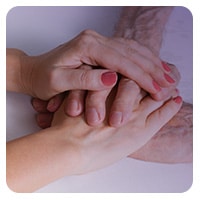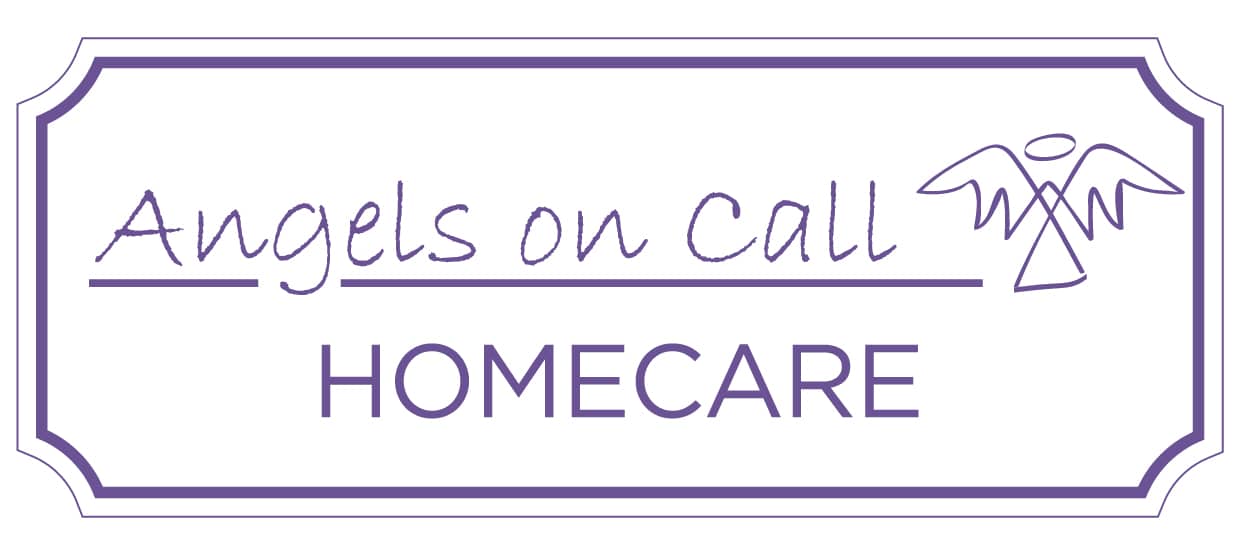 Hospice care is end of life care, designed to help patients and their families make the transition to death. Hospice care is intended to help terminally ill patients feel more comfortable and to tend to their emotional and spiritual needs. It is a support system that focuses on the quality of life rather than the length. Where medical care focuses on disease, prognosis, and treatments, hospice care focuses on the patient and their family as a whole, support, and palliative care. While most people are aware that hospice care is available for those who have a life expectancy of six months or less, many still do not fully understand the purpose or benefits.
Hospice care is end of life care, designed to help patients and their families make the transition to death. Hospice care is intended to help terminally ill patients feel more comfortable and to tend to their emotional and spiritual needs. It is a support system that focuses on the quality of life rather than the length. Where medical care focuses on disease, prognosis, and treatments, hospice care focuses on the patient and their family as a whole, support, and palliative care. While most people are aware that hospice care is available for those who have a life expectancy of six months or less, many still do not fully understand the purpose or benefits.
In today’s post, join us as we discuss some important facts about hospice, palliative care, and end of life care that every person should be aware of.
1. It is not a “death sentence.”
For many people who understand that the purpose of hospice care is to provide quality end of life care, a hospice consult can feel like a death sentence. However, it is important to understand that hospice is for those who are terminally ill and does not dictate how quickly you may pass. Additionally, it is important that hospice care focuses on making the end of life more comfortable and in no way encourages nor expedites death. In fact, several studies have concluded that patients on hospice care generally live longer than patients who had the same medical diagnosis and denied hospice services. It is unclear as to the reason, but it is suggested that a better support system helps reduce anxiety and fear and allows the patient to have a more positive outlook.
2. You do not have to give up medical care.
Another common misconception about entering into hospice care services is that you will have to stop life-saving or life-preserving medical treatments and wait until your body shuts down. This is simply not true. While in hospice care, you are able to continue any medical treatments you choose, no matter how aggressive. You may also continue to see your regular medical provider. Hospice is designed to support the patient and honor any decisions they make.
3. The goal is pain management, not sedation.
Another common misconception is that hospice care means being put into a medically induced state of sedation until death occurs. It is important to understand that the purpose of pain medication administration in hospice care is pain management, not sedation. Many terminal illnesses can cause a great deal of pain, so pain medications are used to make patients comfortable. However, hospice workers will honor whatever pain management plan you choose.
4. You can change your mind at any time.
When you receive a hospice referral, it is best to set up services right away. Many people fear hospice care and what a referral means for them, so they wait. In fact, more than 30 percent of people wait until death is imminent to take advantage of the services, which is a disservice to the patient as well as their family. If you enroll in hospice care and decide that you do not want the support or care that is offered, you can opt out at any time. Additionally, it is never too late and you can begin services whenever you are ready.
 5. Hospice is for the whole family.
5. Hospice is for the whole family.
Although a hospice referral is made for the patient’s impending death, hospice care focuses on the entire family. Hospice workers can help the family deal with the impending loss of their loved one as well as any end of life side effects that can be difficult for families to witness. It is not easy to watch your loved one in pain or dying, and the goal of hospice is to make it easier for everyone. After death, families have access to hospice care for grief support for a year.
6. You can stay in your home.
Hospice care is a service, not a facility. Hospice care can be delivered in the setting of your choosing. If you want to stay in your home or the home of your family caregiver, hospice workers can provide in-care services as needed. In-home services can include the delivery of a hospital bed and other assistive devices if you want. If you prefer, or something happens that requires hospitalization, your hospice team can care for you in the hospital as well. Hospice services are separate from healthcare services and can be delivered in assisted living facilities and nursing homes. Wherever you go, your hospice team can follow.
Someone to watch over you.
Hospice and end of life care are important for both the patient and the family to provide much-needed support and care. With a wide variety of service and treatment options, when you are in the hands of a quality hospice team, you can rest assured that your end of life transition will be as comfortable as possible. At Angels on Call Homecare, we provide quality hospice care all over New York, contact us for your consultation today!




